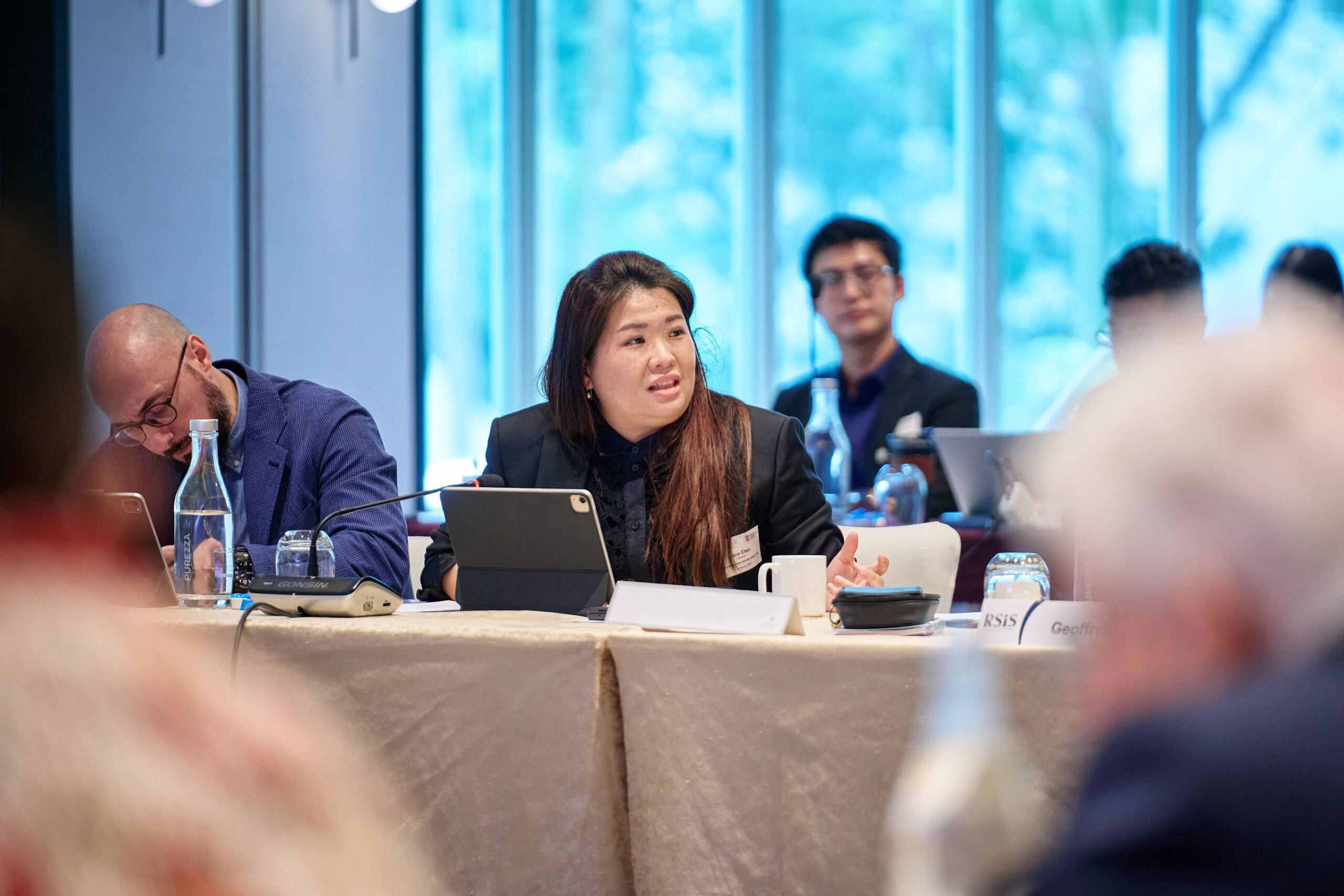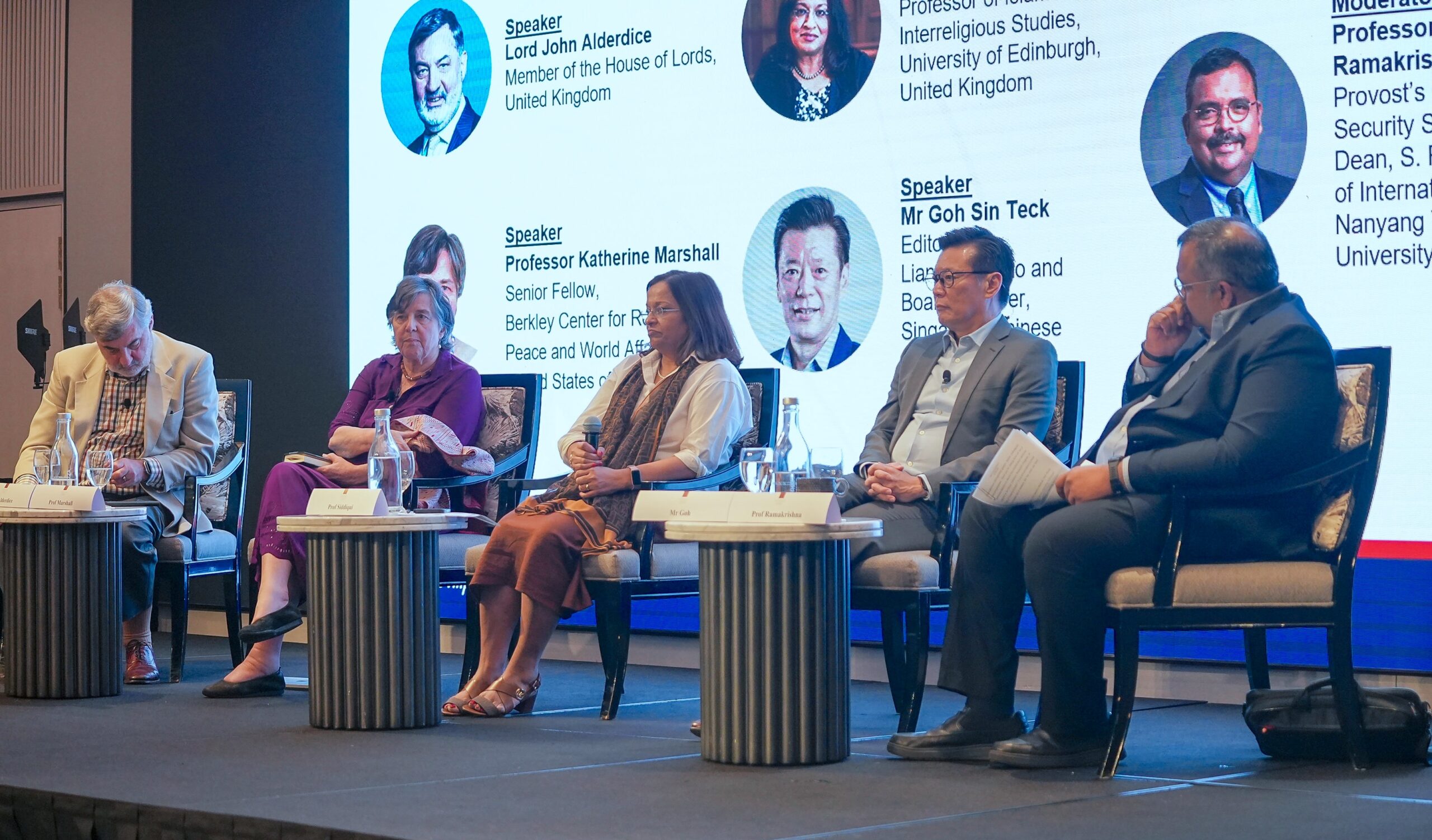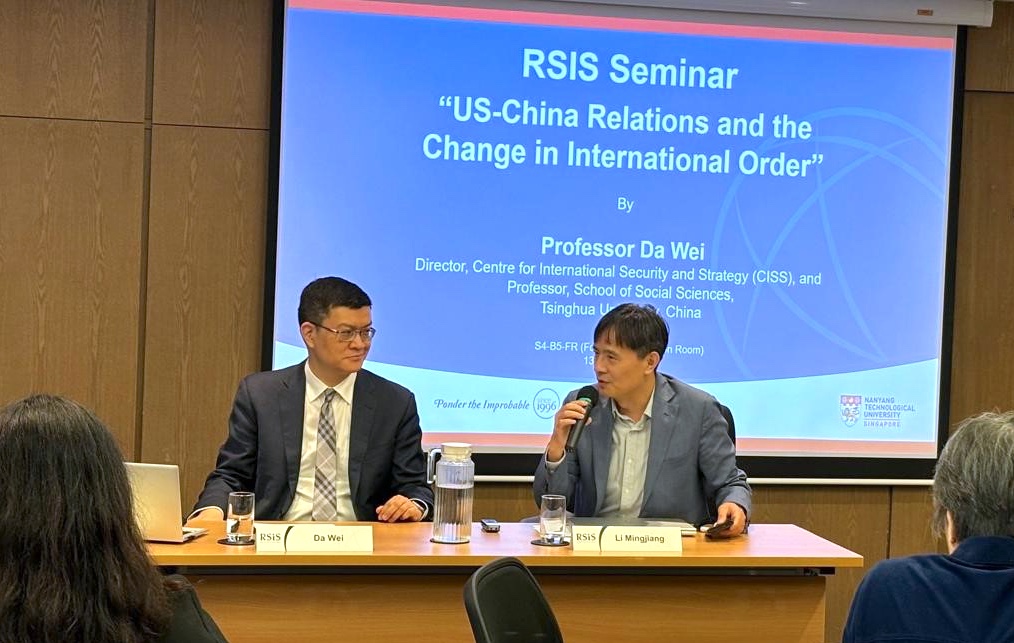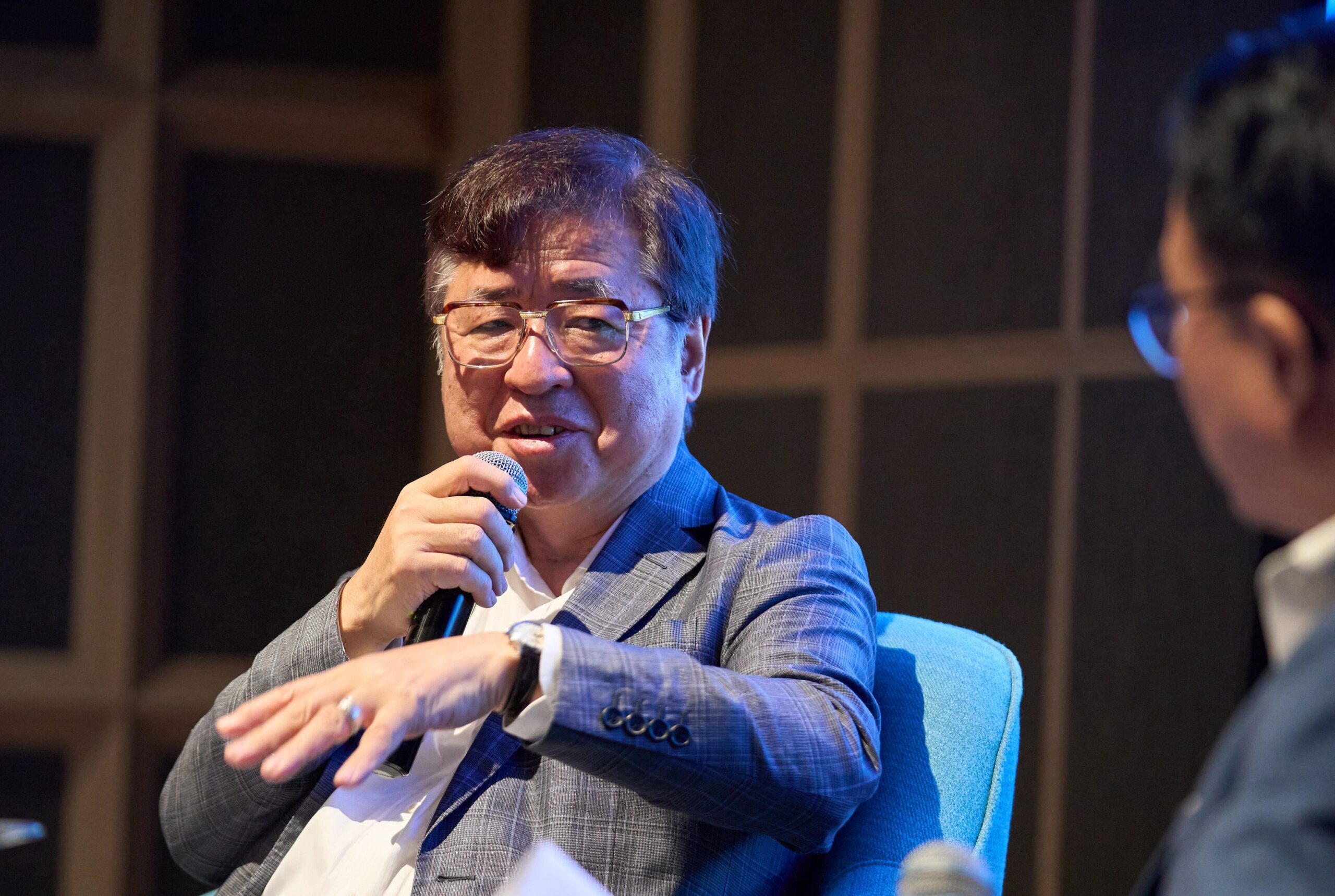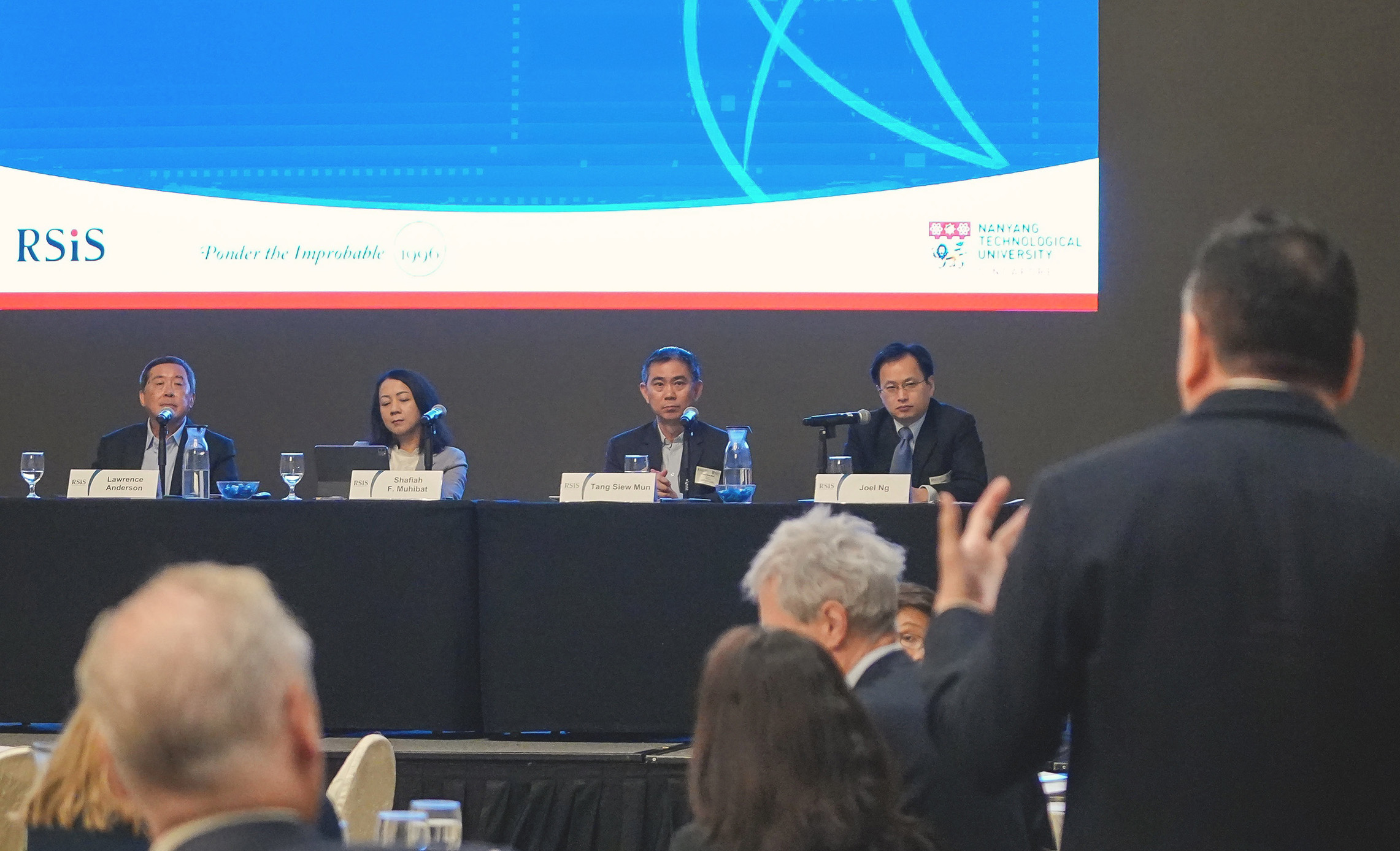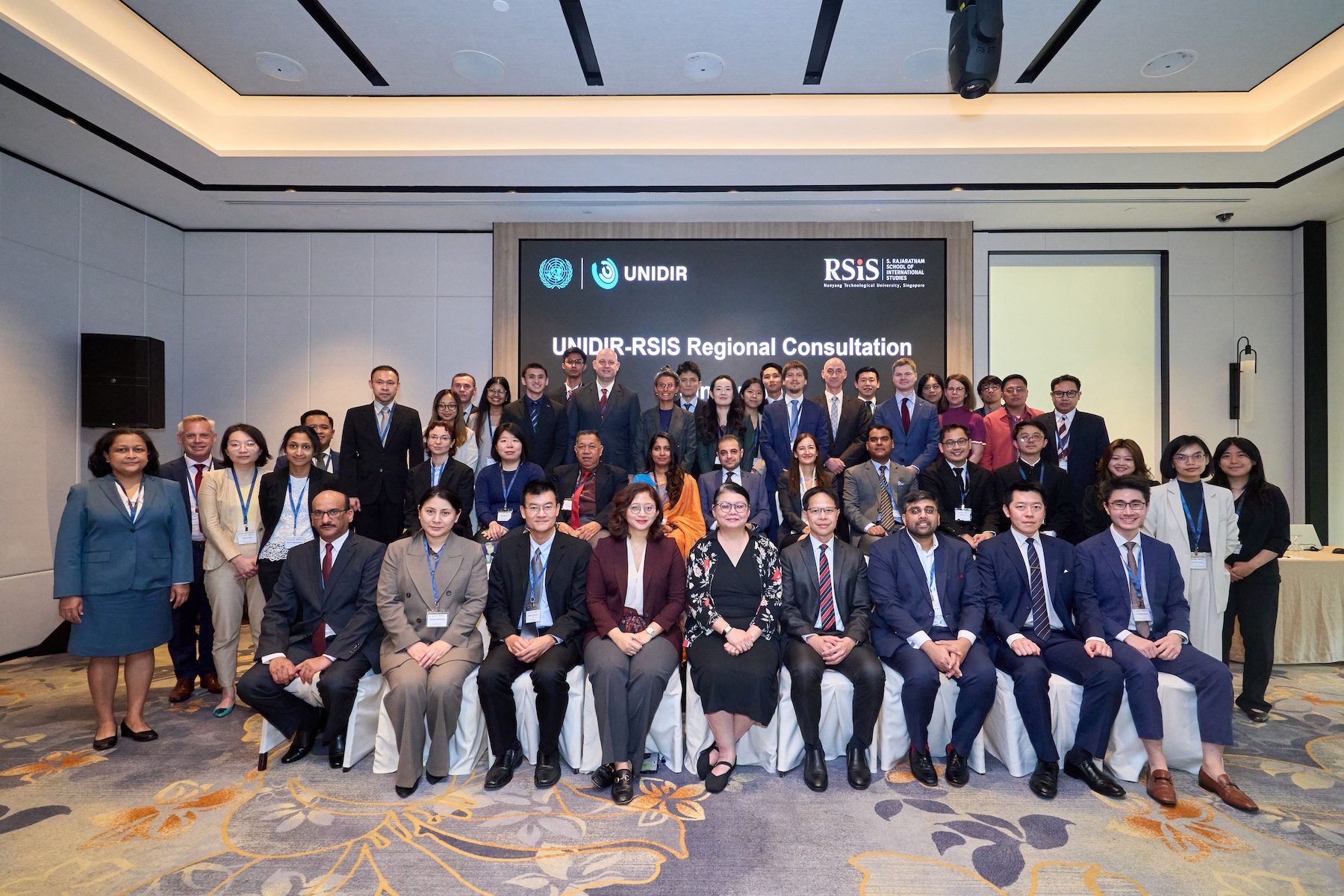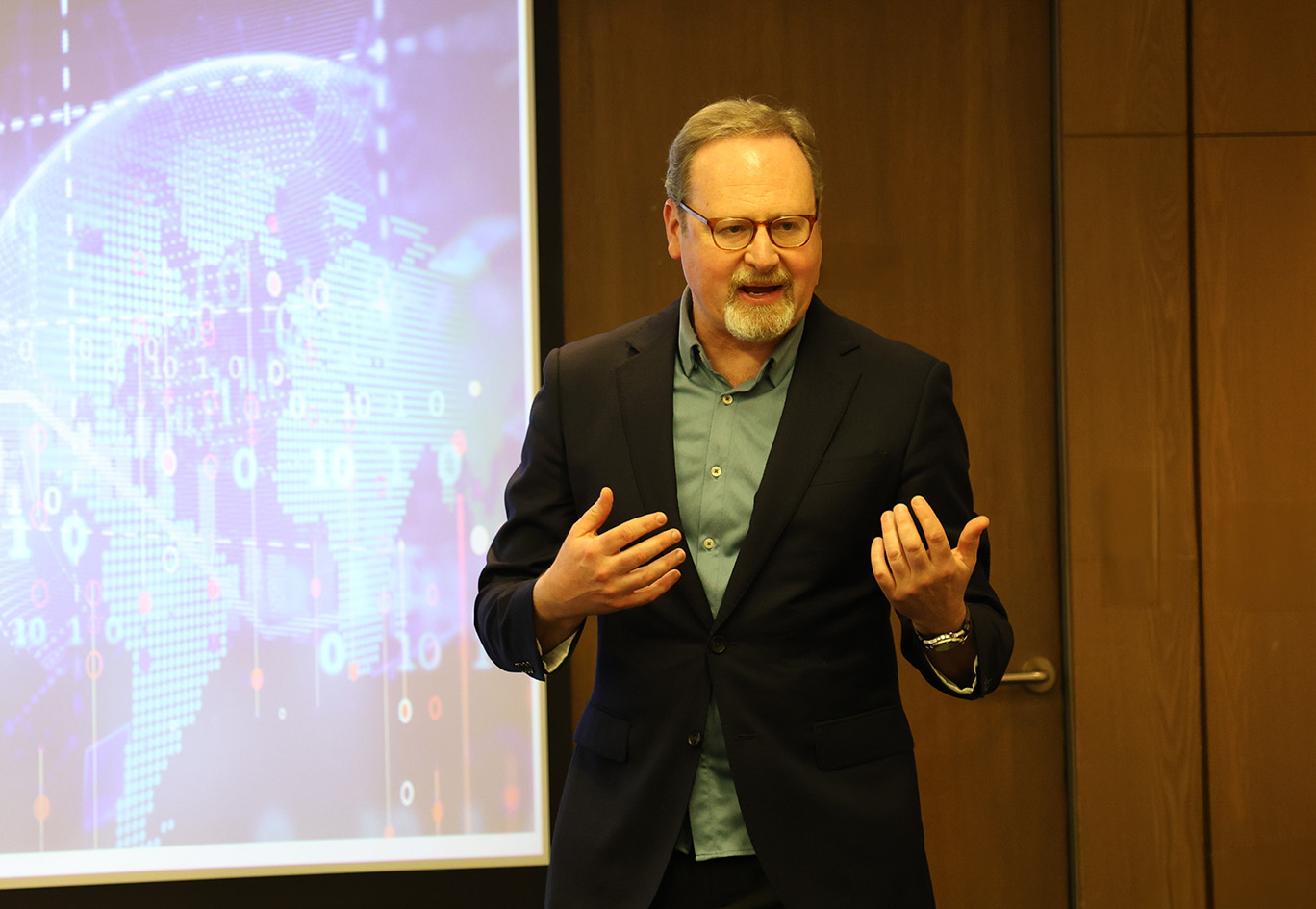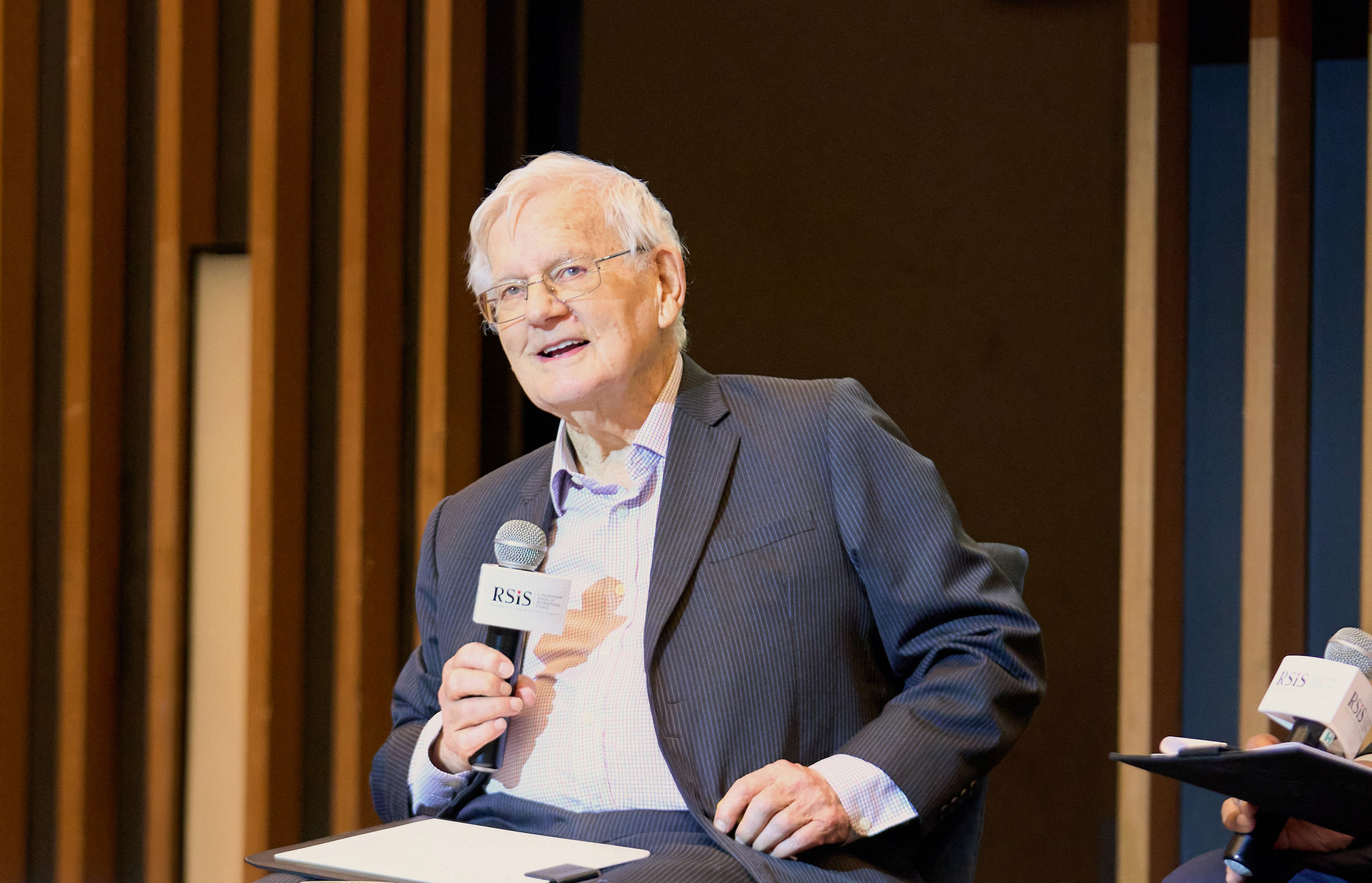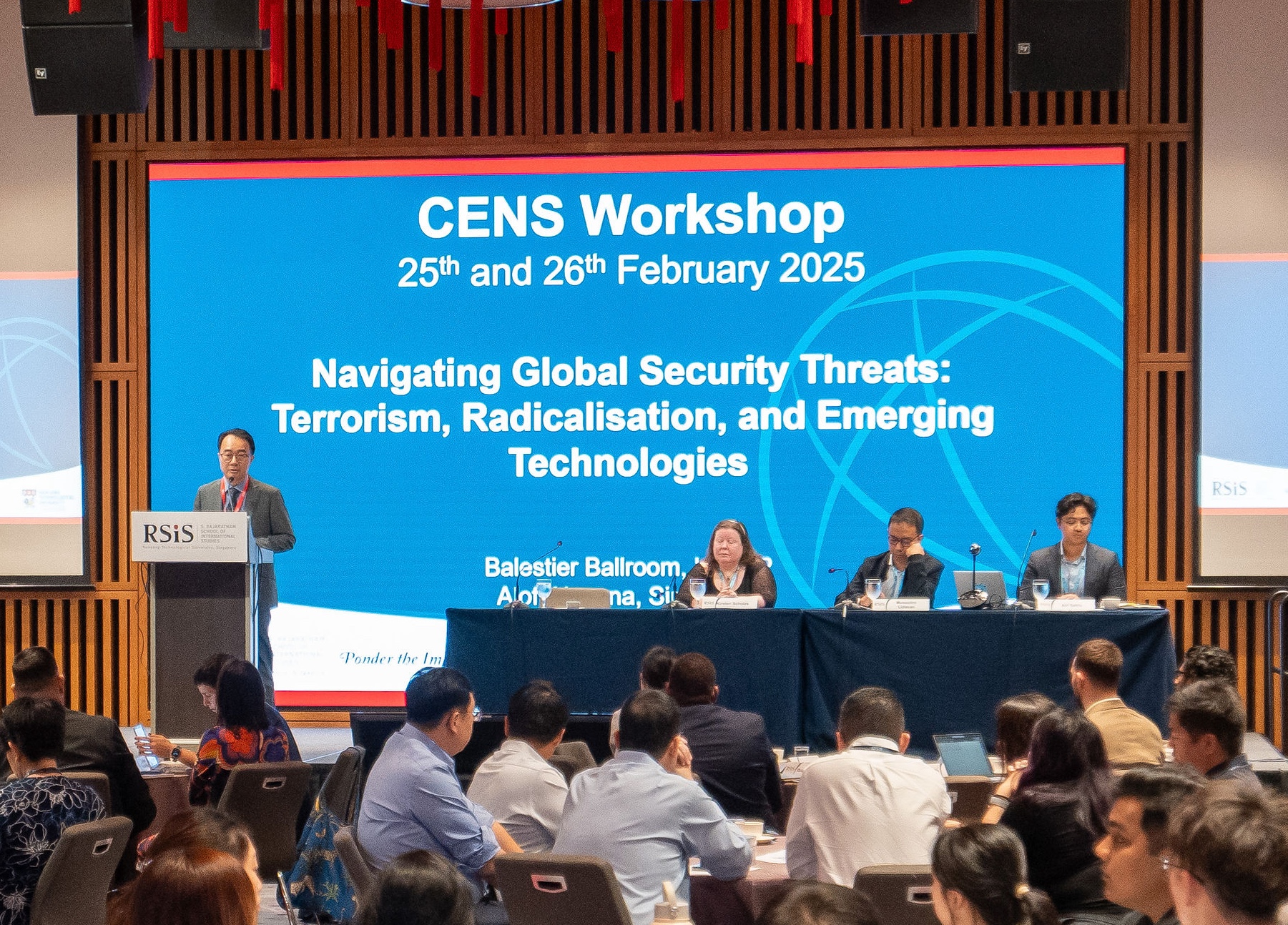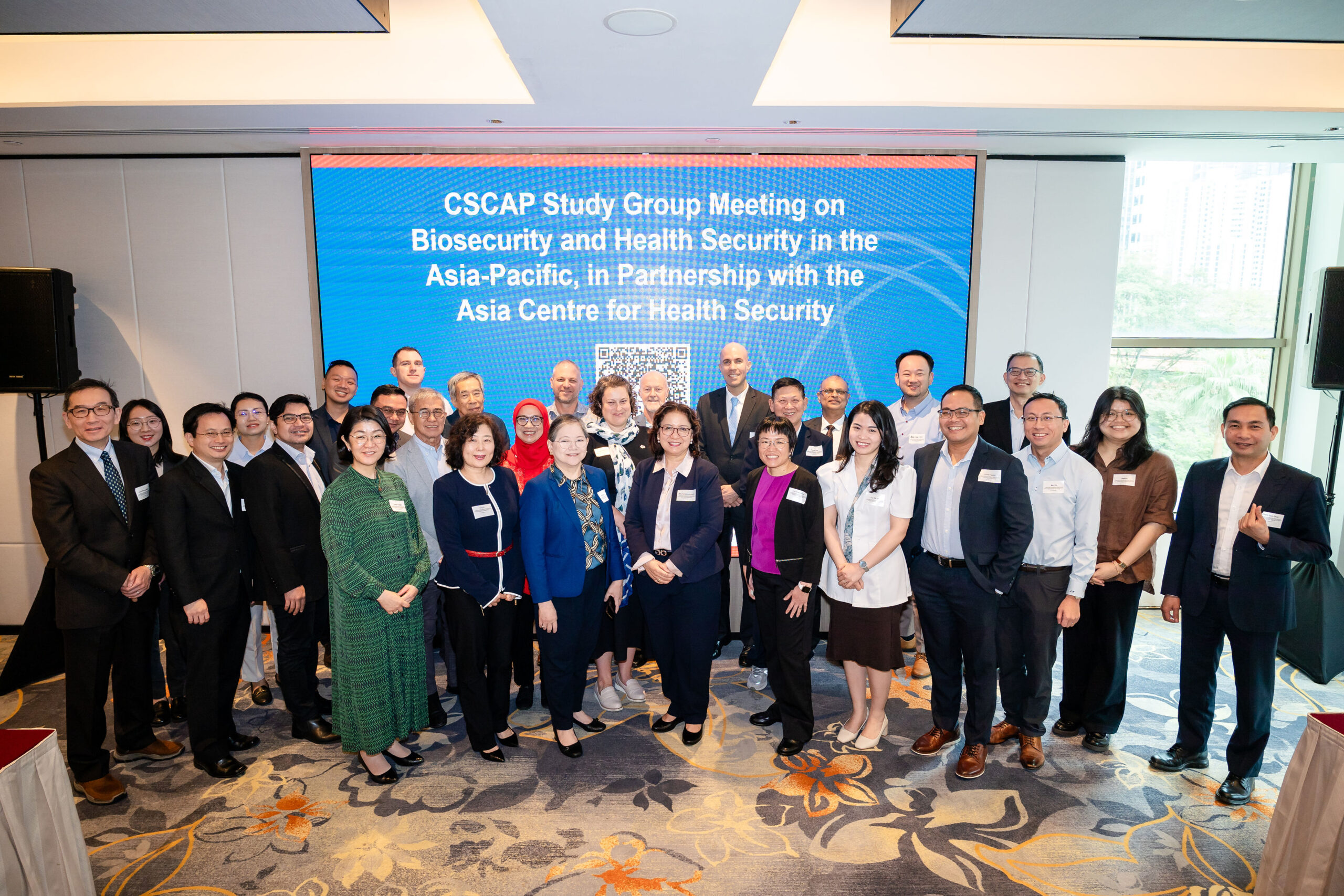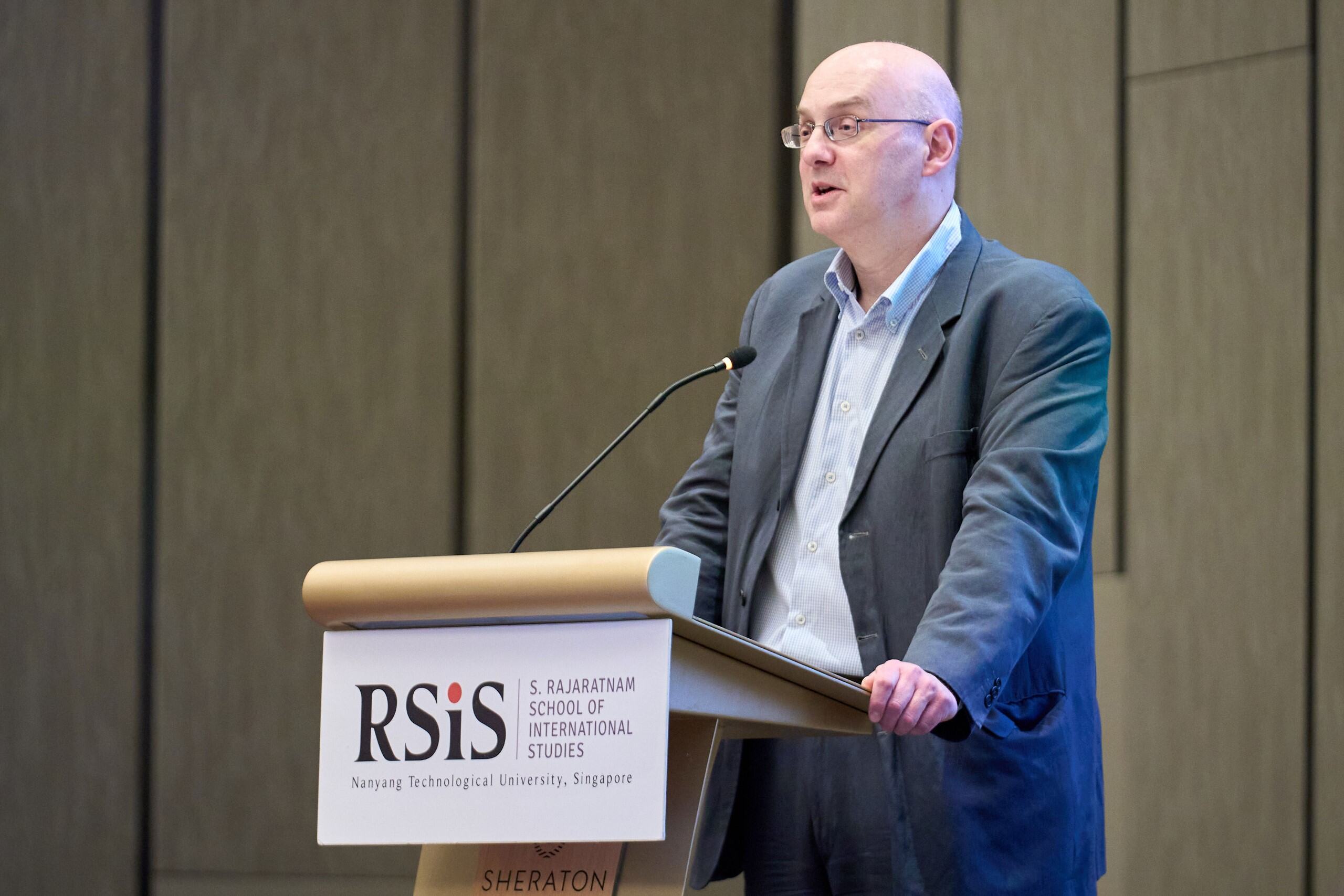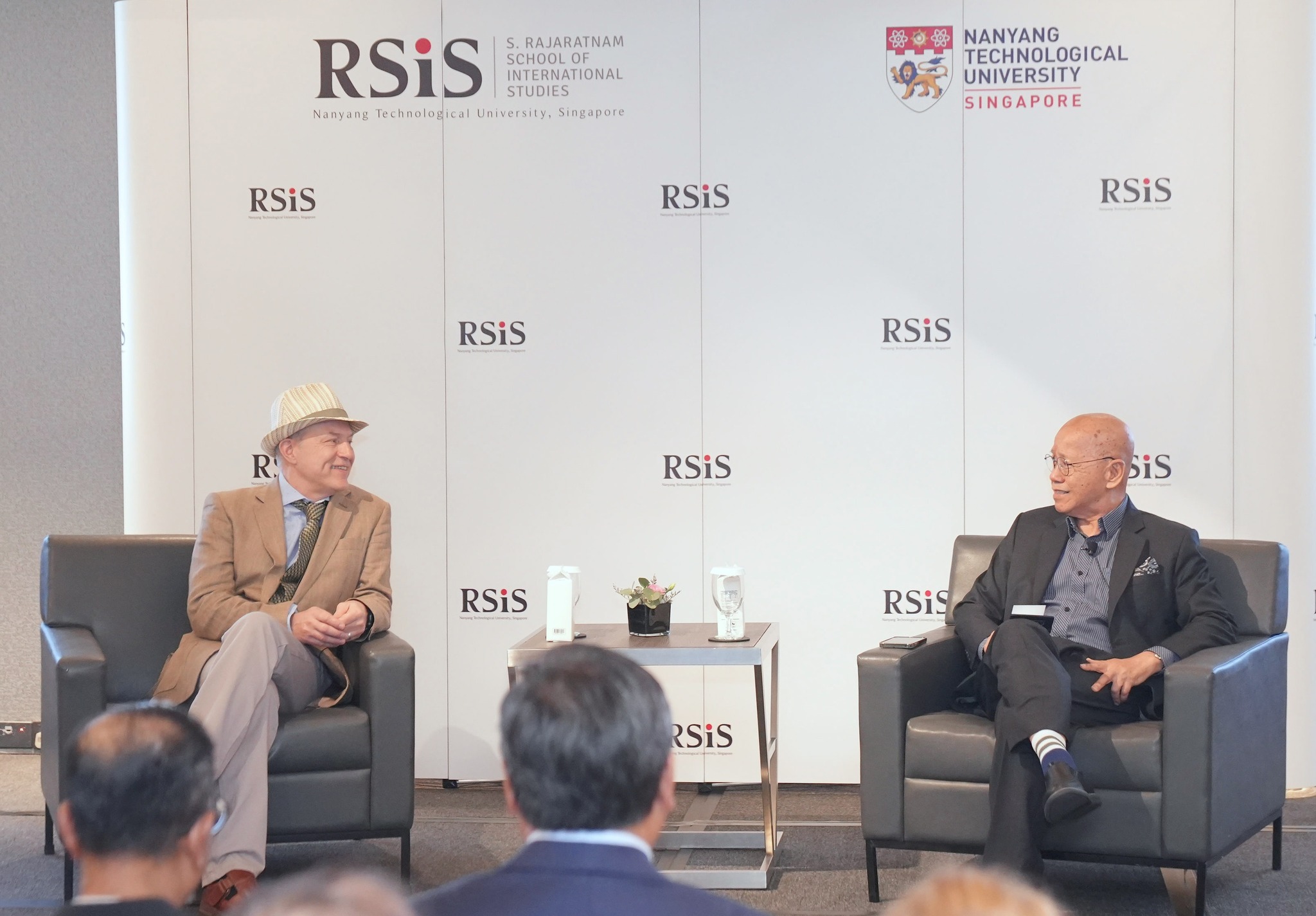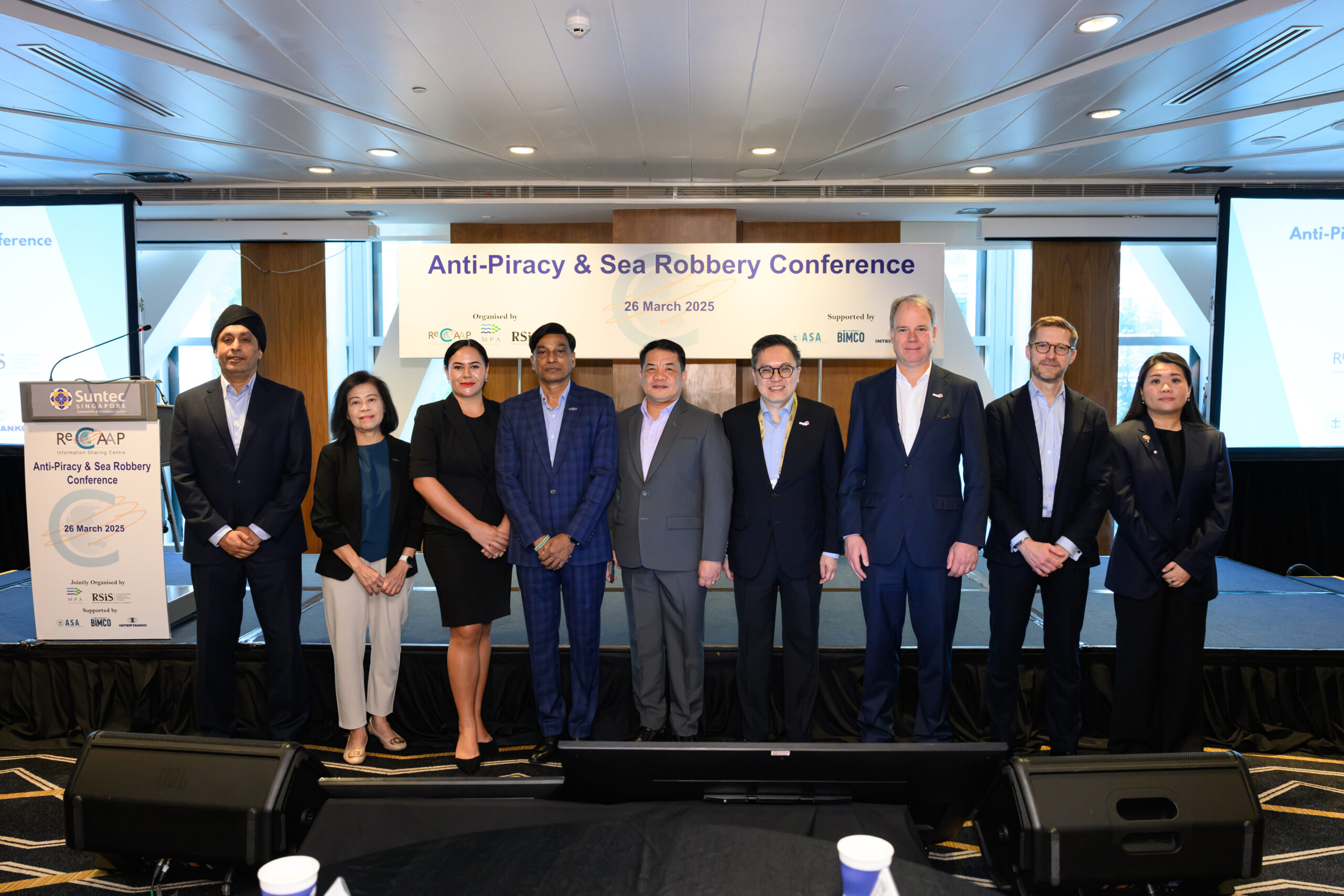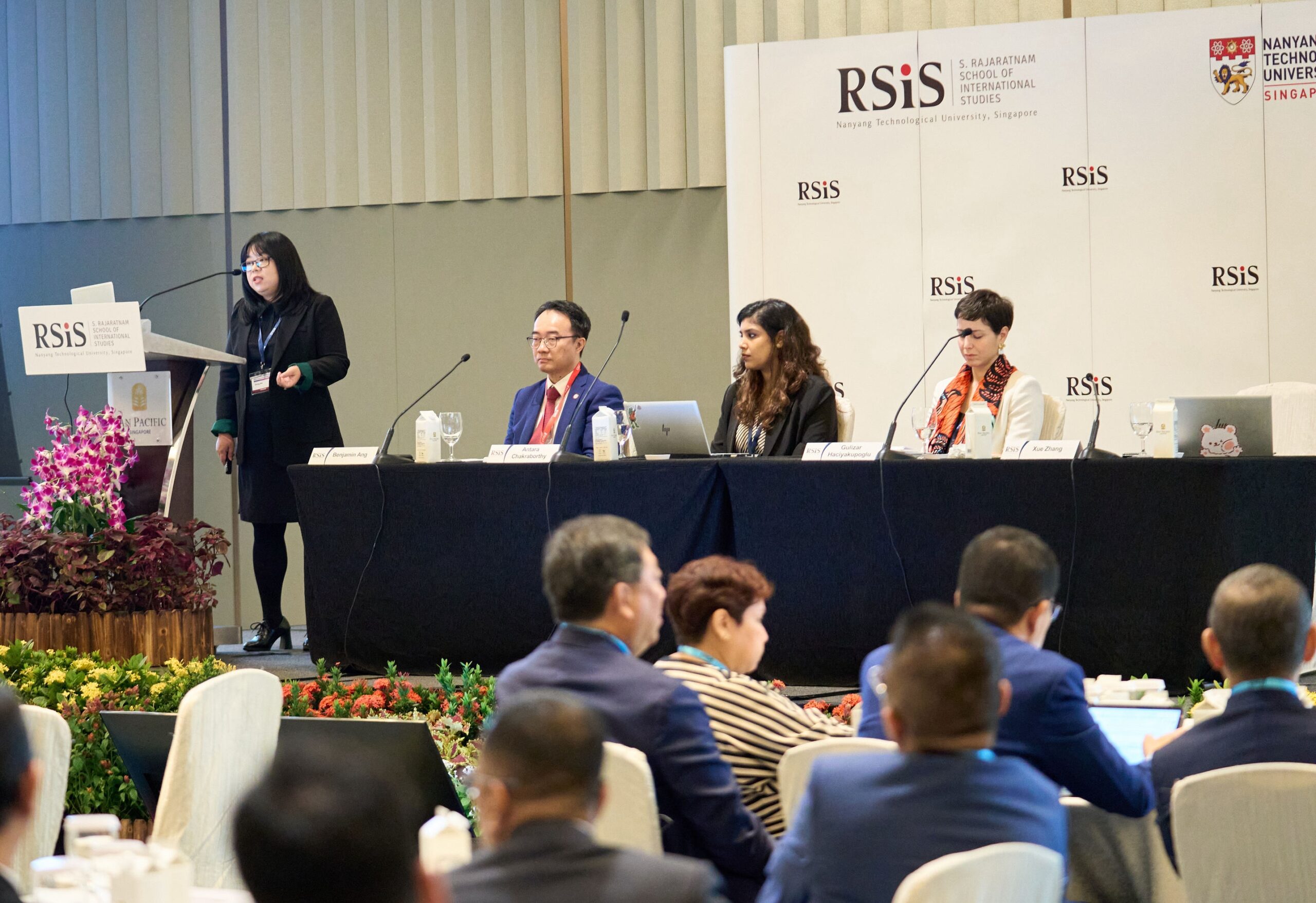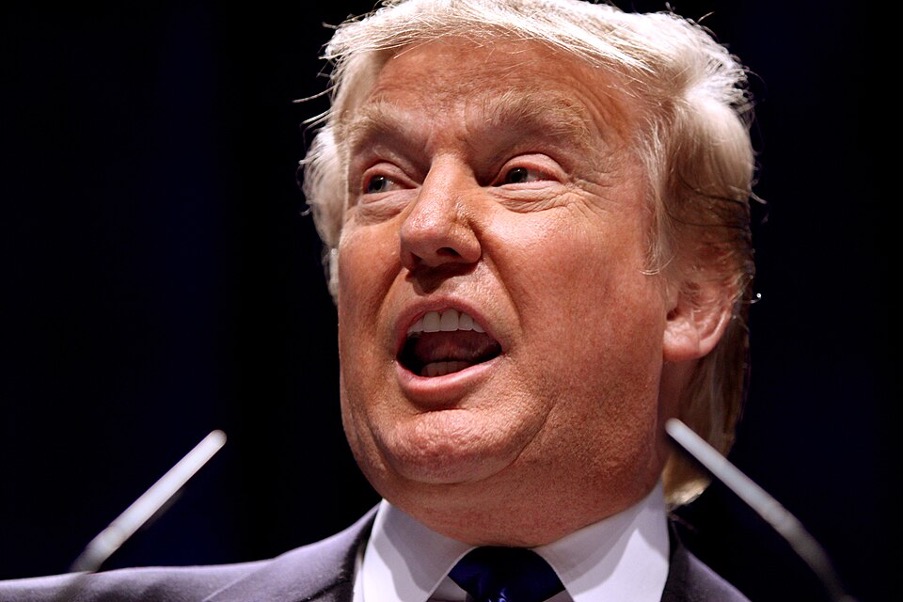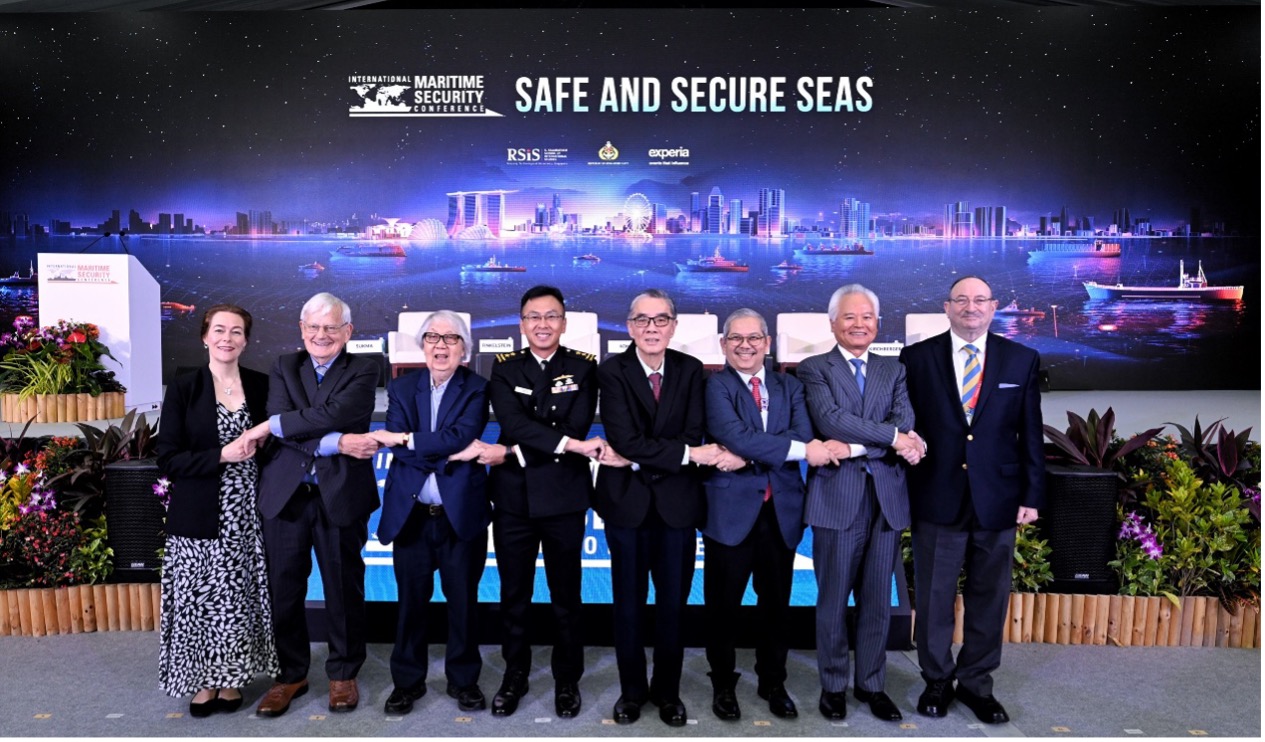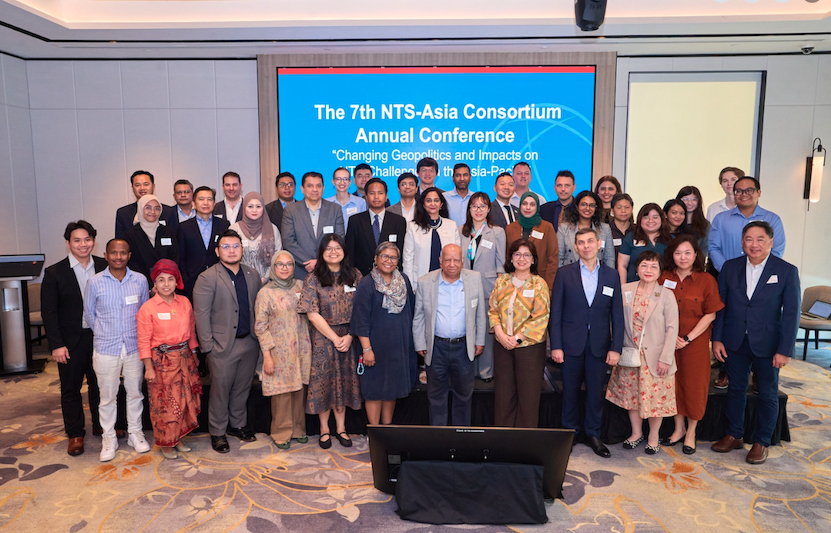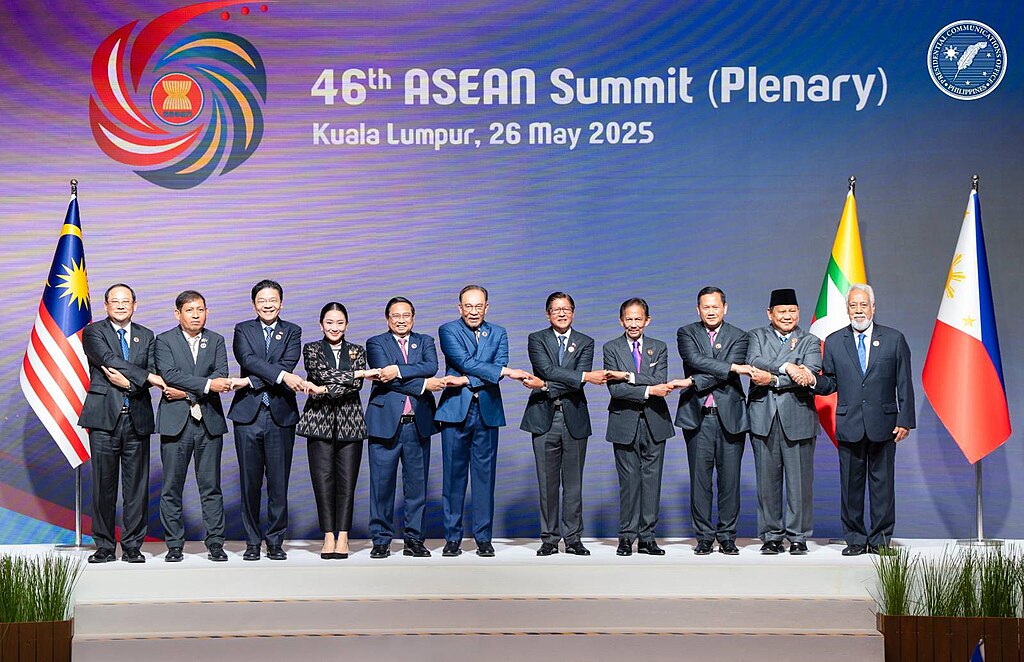
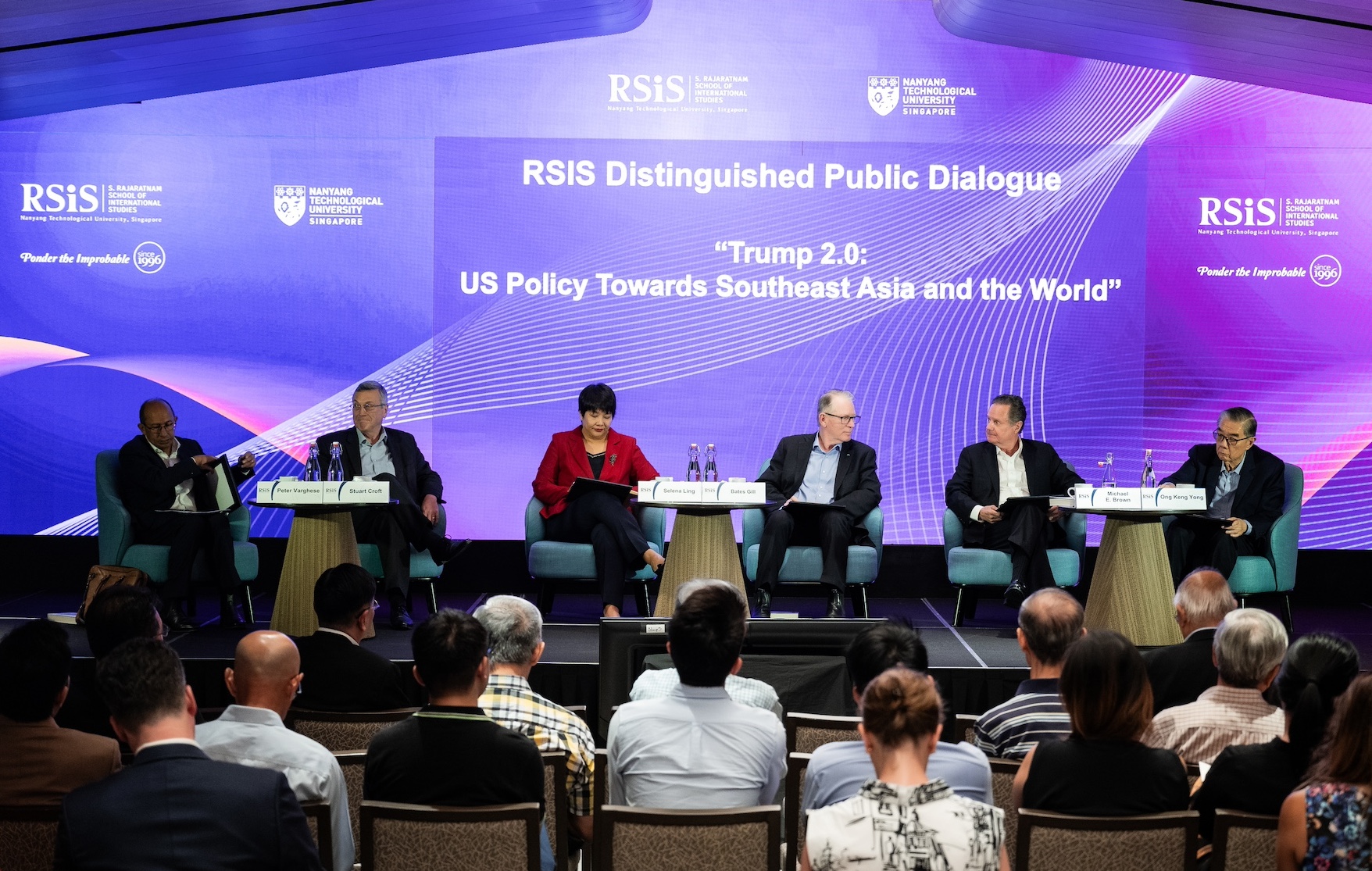
On 9 January 2025, some members of the RSIS Board of Governors spoke at an RSIS Distinguished Public Dialogue on “Trump 2.0 – US Policy Towards Southeast Asia and the World.” The panel comprised Prof Michael E. Brown, Professor of International Affairs and Political Science at George Washington University; Dr Bates Gill, Senior Fellow with the National Bureau of Asian Research; Ms Selena Ling, Chief Economist for OCBC; Prof Stuart Croft, Vice-Chancellor and President of the University of Warwick; and Mr Peter Varghese, Chancellor of The University of Queensland, with Amb Ong Keng Yong as moderator.
Two common themes touched on by the speakers were pessimism and uncertainty. During President-elect Donald Trump’s first term, most of his senior foreign policy advisors were conservative internationalists who believed in the importance of allies and steady leadership. Now, however, Trump he has surrounded himself with like-minded ideologues who are unlikely to moderate his isolationist tendencies. There is still room for disagreements, especially over relations with China and how to address issues such as Iran’s nuclear programme. Regardless, Trump will play a central role in dealing with these crises.
The speakers touched on tariffs and China’s response to Trump 2.0. Trump views tariffs as a valid policy tool to pay for his tax cuts and punish trade partners who run surpluses with the US. Yet even countries such as Singapore, with whom the US signed a free trade agreement, may not escape scrutiny over China’s efforts to use third countries to circumvent tariffs. China has been reducing its reliance on US exports and preparing to cut off exports of key minerals, which may hurt the Republican party during the midterm election if prices rise. Under such a confrontation, it will be difficult for ASEAN countries to remain unscathed.
There were also broader questions about US policy. Elon Musk’s growing prominence as a foreign policy actor was seen as a worrying development, with him using his social media presence to interfere in the domestic politics of US allies such as Germany and the United Kingdom. It remains to be seen whether Musk will align with Trump or clash with him, especially given his business interests in China. Trump’s second term may also see the end of US grand strategy, with the President-elect eschewing strategic primacy for economic ascendancy and transactional policies. This approach may be a better fit for a multipolar world, but Trump’s unpredictability will likely have negative effects on US power as other countries increasingly question his reliability.




